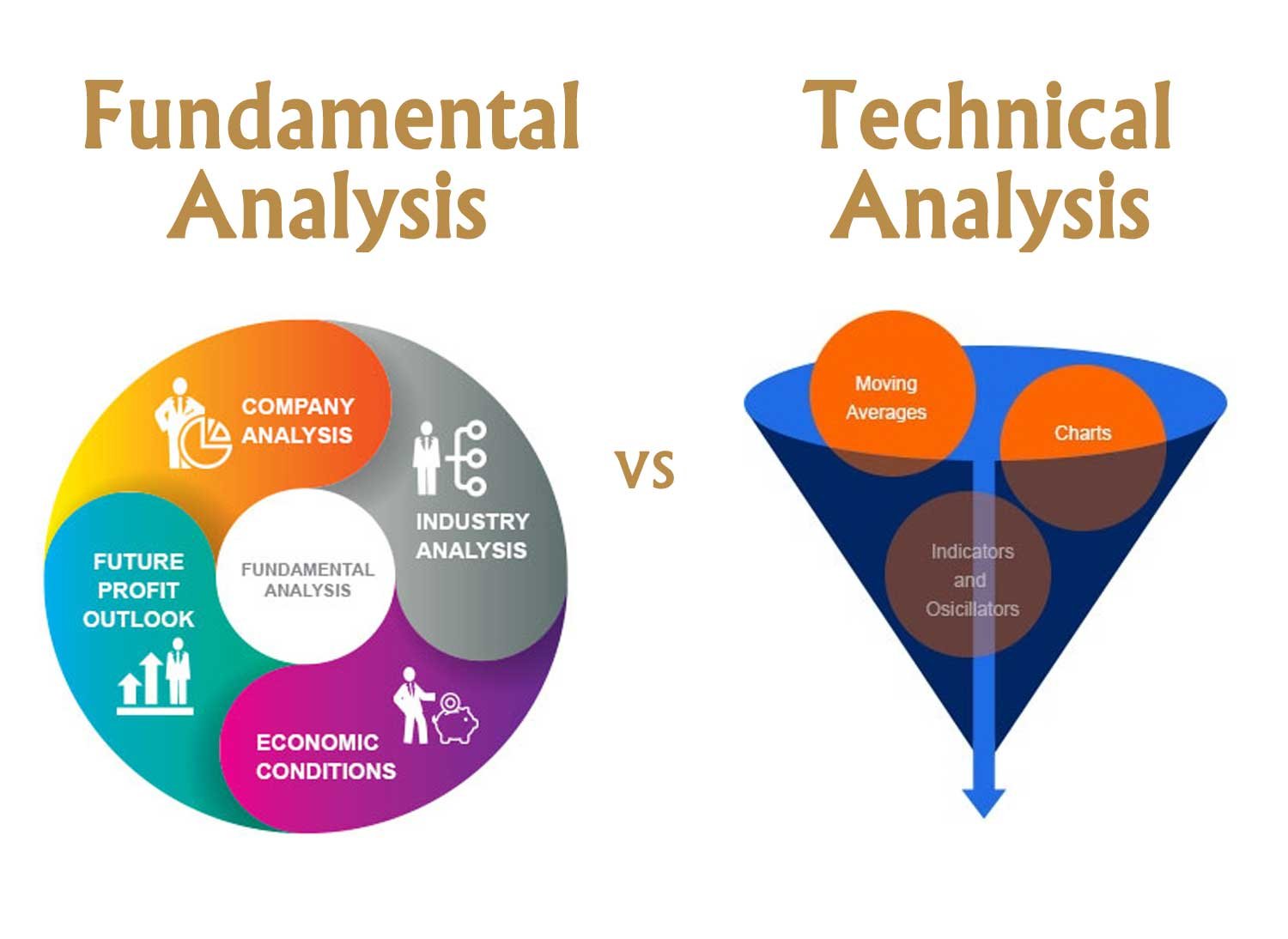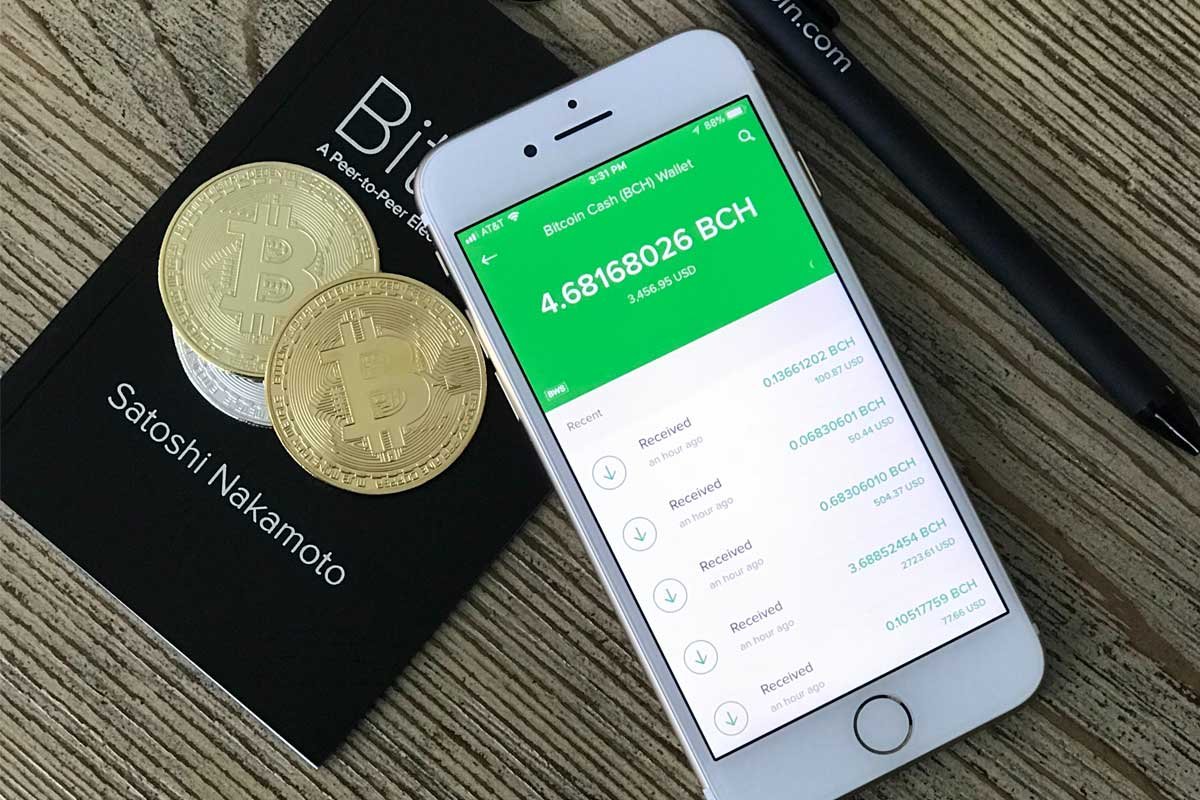What’s the Difference Between a Credit Card and Debit Card?
There are two primary types of cards that one can avail from a financial institution namely, credit card and debit card. Although both these cards have some similar features, the most significant difference between credit card and debit card lies in the source of the funds.
Generally, a debit card is issued, optionally if an individual requires it, with a current or savings account. On the other hand, one has to apply for a credit card, and there are several criteria that one must fulfil to be eligible for it. Furthermore, one can withdraw only the money that is already in his/her bank account through debit cards whereas credit card withdrawals are de facto unsecured loans.
As such, there are many more debit cards in circulation than credit cards. According to the Reserve Bank of India, there are 846.7 million debit cards in operation compared to 36.24 million credit cards as of January 2018.
What is a debit card?
A debit card allows one to draw money which is already deposited in their savings account. It will enable the account holder to access funds from ATMs or make transactions. The amount is debited directly from their existing account.
When a purchase is made with a debit card, the financial institution places a hold on the said amount. The merchant requests the transaction with their bank, and that amount is transferred to their account subject to verification, which is, generally, the PIN corresponding to that particular card. Depending on the bank and the transactional amount, it can be immediate or take a few days.
Some financial institutions also offer prepaid debit cards. Money can be loaded into these cards from another source such as a bank account, cash or cheque deposits. It allows the user to use that pre-loaded amount without the need to link it to their bank accounts.
What is a credit card?
A credit card is much like a debit card in practice. You can make payments or purchase items with this card against a line of credit extended by your financial institution. Some NBFCs also allow one to withdraw cash from ATMs using credit cards. In fact, withdrawals with a Credit Card are interest-free for a period of up to 50 days.
NBFC also brings you pre-approved offers on credit cards, home loans, personal loans, business loans. It helps you save on time by simplifying the process of availing financing. You may check your pre-approved offer by submitting some essential details like name and phone number.
In other words, a credit card is invariably a debt-based financial tool. When one transact using a credit card, they are essentially borrowing that amount from their provider or financial organisation. There is usually a grace period of around 25-30 days from the billing date or due date. If you repay your outstanding amount within that period, no interest is compounded.
There are some criteria which one must fulfil to apply for a credit card. A high CIBIL score is the foremost requirement to avail a credit card. Individuals with low CIBIL score may also avail credit cards, but it will be issued against a Fixed Deposit account.
There is a pre-set limit for every credit card, which is calculated based on various factors such as one’s credit score and income. Most credit card companies do not allow any transaction beyond this limit, while some allow it after imposing stiff penalties.
Primary differences between credit cards and debit cards
- A debit card transaction is linked to one’s bank account whereas a credit card transaction is extended as a line of credit.
- You earn higher redeemable reward points when transacting with a credit card compared to debit cards.
- On-time repayment of the credit amount increases one’s CIBIL score, whereas debit card transactions have no bearing on the same.
- You can purchase items on EMIs using a credit card but not a debit card.
- You have to apply for a credit card whereas a debit card is issued when you open a liability account with any financial institution.
- Credit cards are considered safer than debit cards as the fund is disbursed as a line of credit.
- There is a specific rate of interest compounded on credit card transactions if one doesn’t repay the due amount within the grace period. Debit card transactions incur no interest.
These are the basic differences between credit cards and debit cards in a nutshell. Choosing one over the other depends on one’s income, expenditure pattern and personal preferences. Most individuals have both for different purposes. Make a wise choice after you have a complete idea on how both these cards work and how to get the best out of them.






The biggest advantage of a credit card is reward points.
Typically the higher up the card ladder you go, the higher benefit you can accrue in the form of reward points and privileges. You are also able to use offers given by various merchants only for credit card holders of a particular bank.
When traveling abroad, a lot of hotels and rental car companies need a credit card on file to make a reservation. The same goes for software trials and PayPal transactions which don’t accept debit cards at all.
Credit cards also come in handy in emergencies to withdraw money or make essential purchases. The charges and interest rates though are substantial. An emergency fund and budgeting are better options to deal with such situations.